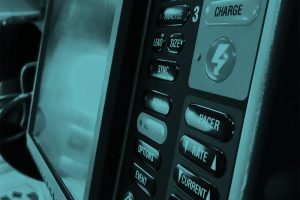
Automated external defibrillators (AEDs) use various shock protocols with different characteristics when deployed in pediatric mode. The aim of this study is to assess and compare the safety and efficacy of different AED pediatric protocols using novel experimental approaches.
Two defibrillation protocols (A and B) were assessed across two studies:
- Protocol A: escalating (50-75-90 J) defibrillation waveform with higher voltage, shorter duration and equal phase durations.
- Protocol B: non-escalating (50-50-50 J) defibrillation waveform with lower voltage, longer duration and unequal phase durations. Animals were randomized into two groups, receiving three shocks from Protocol A (50-75-90 J) or B (50-50-50 J).
Conclusions: There is no evidence that administration of clinically relevant shock sequences, without experimental confounders, result in significant myocardial damage in this model of pediatric resuscitation. Typical variations in AED pediatric mode settings do not affect defibrillation safety and efficacy.






